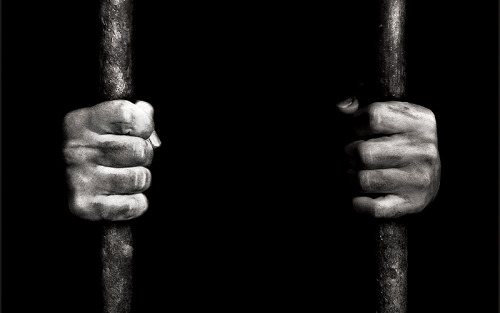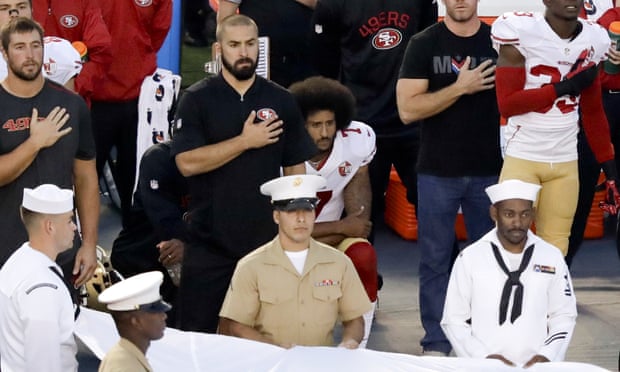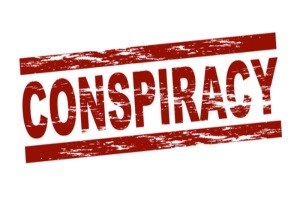A sermon by the Rev. Deacon Jacqueline Cherry
Christmas Eve, Year C, 2016
The birth we have been waiting for, preparing for, is happening, now.
Let heaven and nature sing!
Do you know what it sounds like when a baby is born? Birth mothers, and those who have witnessed the birth of a baby, know that it is anything but silent. The pain of labor obliterates any sense of decorum. In the hallways outside the delivery room, grunts, cries, heaves and four-letter words are easily heard. Like it or not, if we believe in the Incarnation, we must also believe that Jesus’ birth, too, was noisy and messy. Certainly there are differences - instead of the beeps and alarms of today’s medical equipment, Mary and Joseph were likely deafened by brays and bleats. Tempting as it is to marvel at the sudden appearance of the angel and heavenly host, Luke’s birth narrative begs us to remain grounded. On this holy night, all of heaven is focused on the birth of a baby boy. An ordinary birth like ours, and the births of our ancestors before us, and the births of our descendants to come.
Luke tells us that the glory of the Lord shone around the shepherds as an angel proclaimed, I am bringing you good news of great joy for all the people.
Again, don’t focus on the angel, rather pay attention to whom the angel is speaking. It is the shepherds in the fields who are the first to be told that Jesus was born. If that holy birth had happened tonight, in 2016, the angel might appear to migrant workers, or perhaps to those living in the tent encampments right outside our church. Before all others, God wanted the lowly shepherds, the powerless and the displaced, to be the first to hear the good news of the Messiah’s birth.
In those days a decree went out from Emperor Augustus that all the world should be registered. While the Emperor was busy with the state census, a young unwed mother gave birth in a stable to the King of kings. God slipped into this world through the birth of a fragile infant. Indeed, it is good news of great joy for all the people. Except for the Emperor; to the powers that be, the birth of Jesus is treasonous.
With haste, the shepherds went to Bethlehem where they found Mary and Joseph, and the child lying in the manger. And the news of the Savior’s birth spread rapidly, from one tent encampment to the next, through homeless shelters and soup kitchens, under the highways, across neighborhoods. Have you heard the good news? The one who will cast down the mighty from their thrones has been born.
The field dorms in Watsonville and the Central Valley buzzed. The one who will fill the hungry with good things has been born.
Drug addicts in dark doorways startled awake. The one who will lift up the lowly has been born.
En masse they marched - the unemployed, oppressed, undocumented, disabled, addicted - together they moved east to see this thing that had taken place.
Shoulder-to- shoulder the people assembled. With each arriving sojourner, the crowd parted just enough to welcome them in. All eyes were fixed on a newborn baby wrapped in bands of cloth. At first the whispers were barely audible. Then ever so softly these words could be heard repeated over and over again, each time in a different voice: To you is born this day in the city of David a Savior, who is the Messiah, the Lord.
Looking into the eyes of an old Nicaraguan woman, a man in torn clothes gently placed the baby in her arms; To you is born this day in the city of David a Savior, who is the Messiah, the Lord.
In turn, the old woman handed the infant to a 16-year- old runaway standing next to her; To you is born this day in the city of David a Savior, who is the Messiah, the Lord.
While I realize some among us are feeling grateful for a year full of blessings, there are many of us in despair. During these past four weeks of Advent, we knew exactly what to expect come Christmas Eve, and we have gathered to celebrate his birth. But looking forward, the future is full of uncertainty and fear.
As Michelle Obama recently explained, We are feeling what not having hope feels like.
Homeless or hungry, afraid or depressed, we are all shepherds tonight. We are the first to hear the good news of the Messiah’s birth, the good news that God has joined us in flesh. However, it is a disservice to Mary to proclaim this night silent and calm.
When an angel tells a shepherd; Or a prophet tells a slave; Or a community organizer tells a refugee, To you is born this day in the city of David a Savior, who is the Messiah, the Lord, it is a call to action, not a time to go Christmas shopping.
Although the shepherds didn’t see what was coming, let alone understand what had already come to pass, Mary had birthed a revolution. Her song, The Magnificat, is our rallying cry to scatter the proud, cast down the mighty, and liberate the oppressed. The message is clear, Jesus has no tolerance for bullying tyrants – emperors, presidents, kings – rulers who are rich and arrogant are offensive to God. And as Christians they should be offensive to us too. Jesus always stands with the powerless and the poor.
Do you know what it sounds like when a baby is born? It sounds the same as the birth of a Messiah – it’s noisy and messy. There are grunts, cries, heaves and four-letter words. In fact, it sounds a lot like the corner of 15 th St. and Julian Ave. When a baby is born, it’s never silent. But as with all of God’s creation, it is always holy.
Amen.










